SPECIALIZATION
Coordinated by Professor Fernando Borba de Araújo, a national and international reference in the field.
Learn through a modern approach centered on prevention and minimally invasive procedures. Explore orthopedic and orthodontic interventions grounded in the best scientific evidence and integrated with other areas of dentistry and medicine to promote your patients’ health and well-being.
START DATE: August 25, 2025 LOCATION: ZENITH FLORIANÓPOLIS – In-person
August 25, 2025
Tue, Wed and Thursdays
885 hours
2 anos2 years
In-person – Florianópolis
Specialist
Familiarization and handling of the baby in the pediatric dental clinic, clinical examination, facial and dental characteristics, development, morphology, chronology and sequence of eruption of deciduous teeth, identification and management of various types of behavior, prevention, diagnosis and control of dental caries, prevention, diagnosis and treatment of oral bad habits, prevention, diagnosis and treatment of malocclusion, restorative dentistry in deciduous teeth, diagnosis and treatment of trauma in early childhood, health education and promotion, diabetic patients, cardiac patients, preventive care for special needs patients, restraint methods, care for patients with intellectual disabilities, guidance related to oral hygiene and dietary habits of pregnant patients, therapeutic care and main considerations in the dental treatment of pregnant women.
Contextualization of cellular processes with aspects of human anatomy and physiology. Basic knowledge of human anatomy and physiology. The study of human anatomy and physiology in the development of a generalized and detailed understanding of the human body and the grasp of the interdependent relationships among the various systems that make up the human organism.
Principles, foundations, beneficence, non-maleficence, autonomy, and justice. Overview of international and national regulations. Professional-patient relationship and bioethics. Research and bioethics.
The importance of operating X-ray machines. Biological effects and protection against X-rays. Processing, radiographic techniques, methods of localization and radiographic interpretation. Study of existing techniques for taking intraoral radiographs, basics of radiographic interpretation of the maxillomandibular structures, and study of films and radiographic processing.
Morphology of deciduous dentition, importance of studying the anatomy of deciduous teeth, functions, synonymy, parts of the teeth, differences between deciduous and permanent teeth, surfaces of the tooth, lower and upper central incisors, chronology, lower and upper lateral incisors of deciduous teeth, canines and molars.
Introduction to the study of cariology, etiology of caries, prevention and control of disease progression, oral surgery in pediatric dentistry, dental caries in pediatric patients, mechanical and chemical plaque control associated with caries, the chemistry of dental caries and fluoride, mechanisms of action, fluorides in dentistry, management of dental caries, treatment of deep caries, vital pulp exposure, and pulpectomized teeth in children.
Patient evaluation and examination, requesting and analyzing complementary exams, clinical photography of patients, preparation of the treatment plan, fabrication of auxiliary appliances, execution of planned procedures, seminars on initial clinical cases, progression of technical procedures for treatment execution, implementation of treatment plans, completion of treatments, seminars on completed cases, evaluation of orthodontic treatment results, re-study and presentation of completed cases, and critical analysis of treatment outcomes.
Assessment of the dentist’s preparedness for the most frequent medical emergencies. Prevention of medical emergencies, materials and equipment necessary for providing first aid at the outpatient level. Basic life support – patient approach. Most common medical emergencies in the dental office: fainting, hypoglycemia, and syncope. Cardiopulmonary arrest, hypersensitivity reactions, hypertensive crisis, angina and myocardial infarction, asthma attack. FBAO (Foreign Body Airway Obstruction), management of pregnant patients, and treatment of patients with medical impairments.
Ethics and citizenship, the meaning of Ethics and Morality, the presence of morality in culture, the personal dimension of morality, critical reflection on ethics today, the dignity of human life, the dental code of ethics, challenges that education and healthcare present today, facing us and professionals in the fields of education and health.
The principles governing the action of drugs used in clinical dental practice, as well as their indications, contraindications, and side effects. Fundamentals of pharmacology, concepts of pharmacokinetics and pharmacodynamics. Pharmacology of the autonomic nervous system, analgesics, and anti-inflammatory drugs.
Teaching Dentistry in Brazil and Dentistry. Challenges of Brazilian Higher Education: Role, Functions, and Funding.
Educational Process, Teaching Design, Teaching Methods and Techniques, Evaluation Process, Research Methodology: Methods, Procedures, and Research Techniques, The Importance of the Scientific Method and the Development of Research Projects.
Scientific Articles: Preparation, Stages According to Technical Standards.
Monographs, Dissertations, and Theses.
Oral health education and the importance of integration with other health professionals. The relationship of pediatric dentistry with orthodontics/functional maxillary orthopedics/pediatrics/otorhinolaryngology/speech therapy/psychology/nutrition, obtaining a comprehensive view of the patient, and communication between the pediatric dentist, the child, and their family nucleus.
Study of pathological processes applied to dental practice. Conceptualization, etiology, and pathogenesis of cellular lesions, focusing on growth alterations, degenerative, necrotic, inflammatory, circulatory, and neoplastic changes in the maxillofacial region; identification of the most common diseases in the community that affect the oral and maxillofacial region. Study of causes, mechanisms of action, anatomopathological and laboratory characteristics; diagnosis and prognosis of pathologies; study of clinical examination methods: importance and objectives; study of oral histophysiology.
Quality of life: general health, oral health, self-perception, and oral health. Considerations on self-perception in oral health according to age: childhood, adolescence, adulthood, and elderly. Influence of the social context on oral health status: level of education, repercussions of oral diseases on quality of life, tooth loss and its implications on quality of life; strategies and implementation for improving oral health conditions and reorientation of hygiene.
Divisions and methods of psychology, psychic phenomena, science of personality/differential psychology. Child as a dental patient: basic knowledge, management of the child in the dental office. Pediatric dental environment: organization and functioning, psychological methods for assessing fear and anxiety related to dental care, factors influencing fear and anxiety in dental treatment.
Development and presentation of the Final Course Project.
Use of CBCT, intraoral scanner, 3D printer, milling machine, and top brands
Early childhood orthopedic and orthodontic approaches
Clinical case discussions and seminars
At Zenith, you’ll have access to

Modern and individualized equipment.
In-person lectures in a dedicated auditorium.
Laboratory with all resources for a comprehensive learning experience.


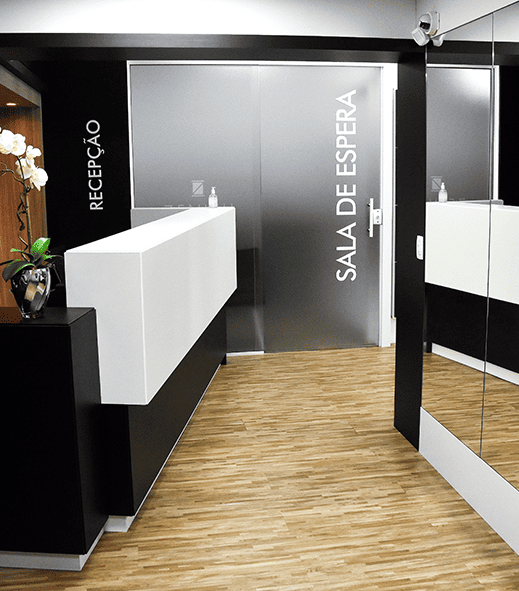
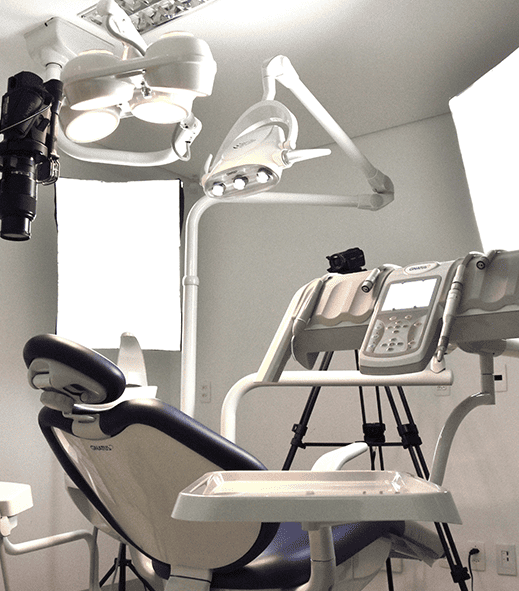
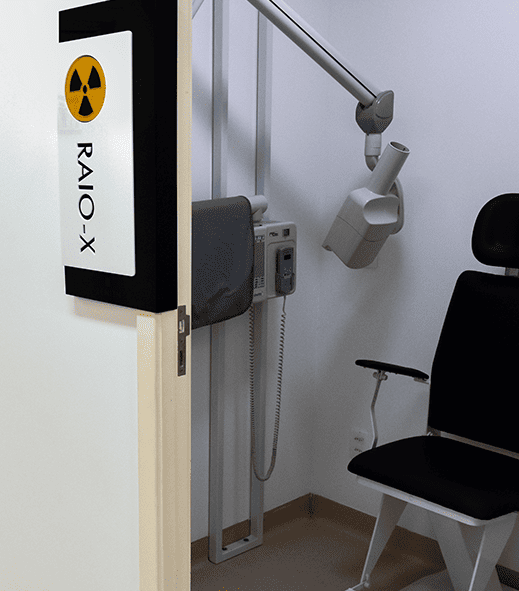
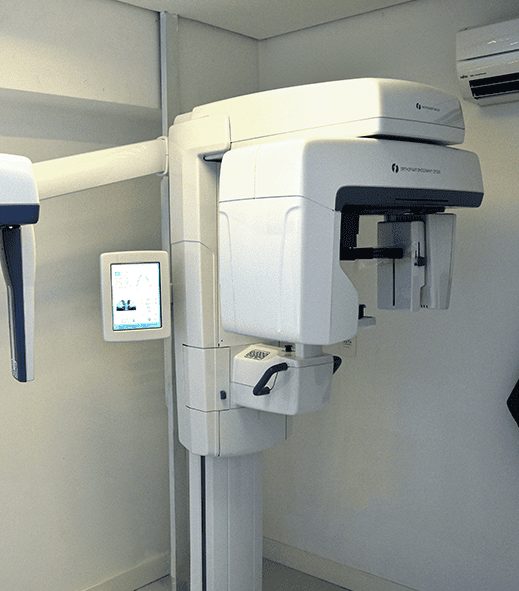
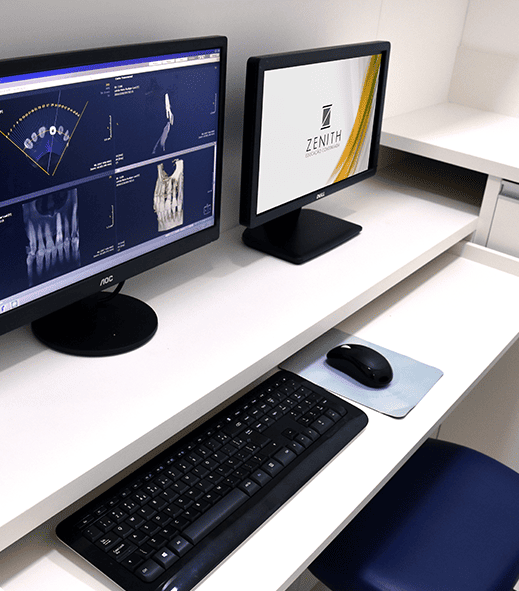
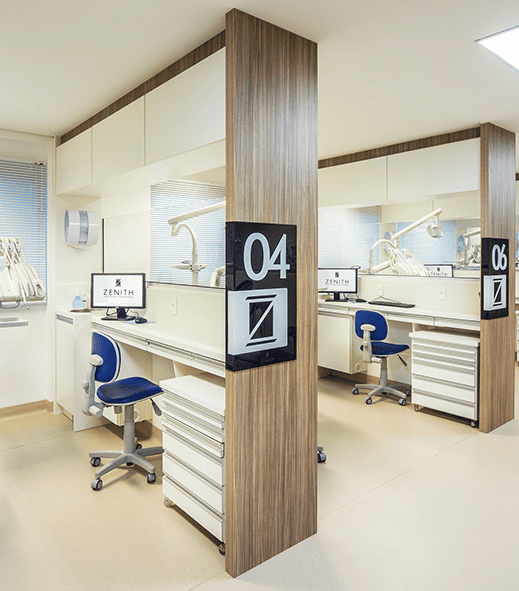
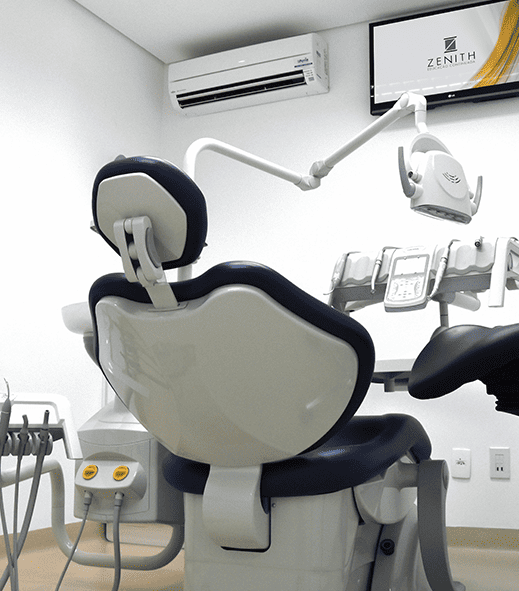
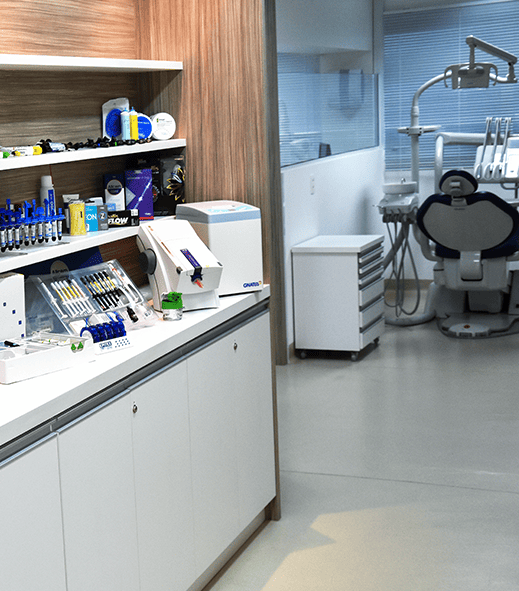
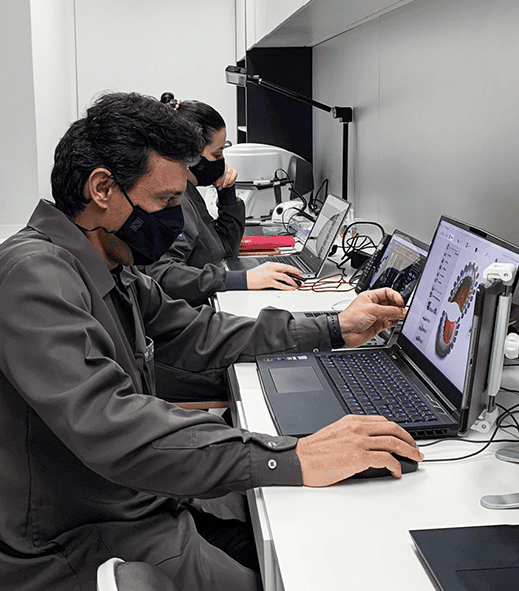
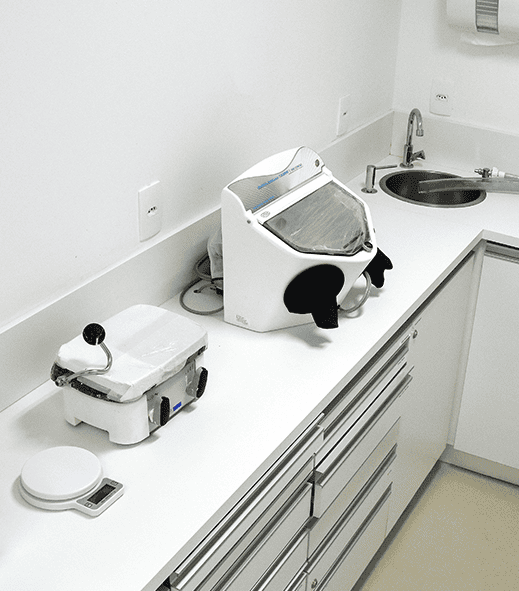
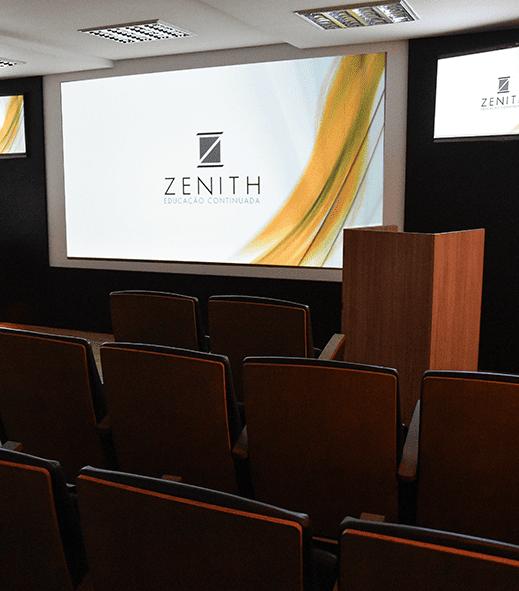
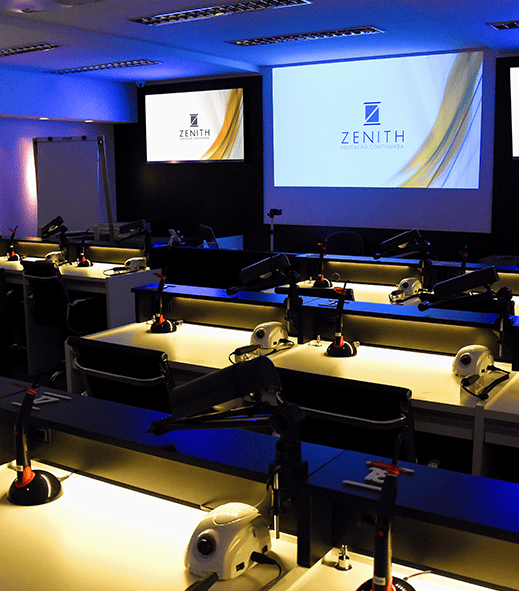
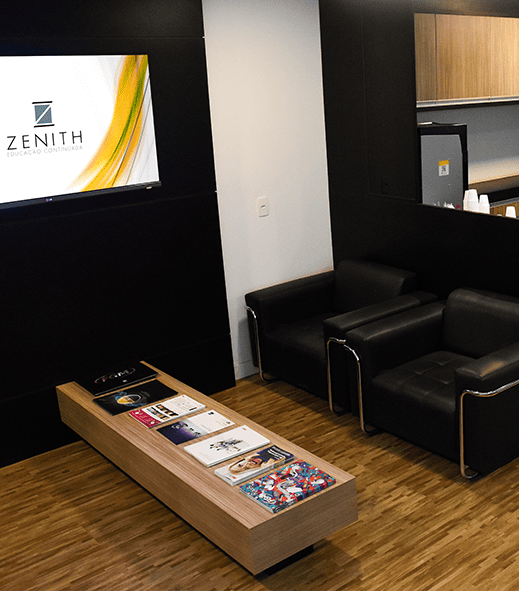
24X
Enrollment Fee: R$1,800
Start Date: August 25, 2025